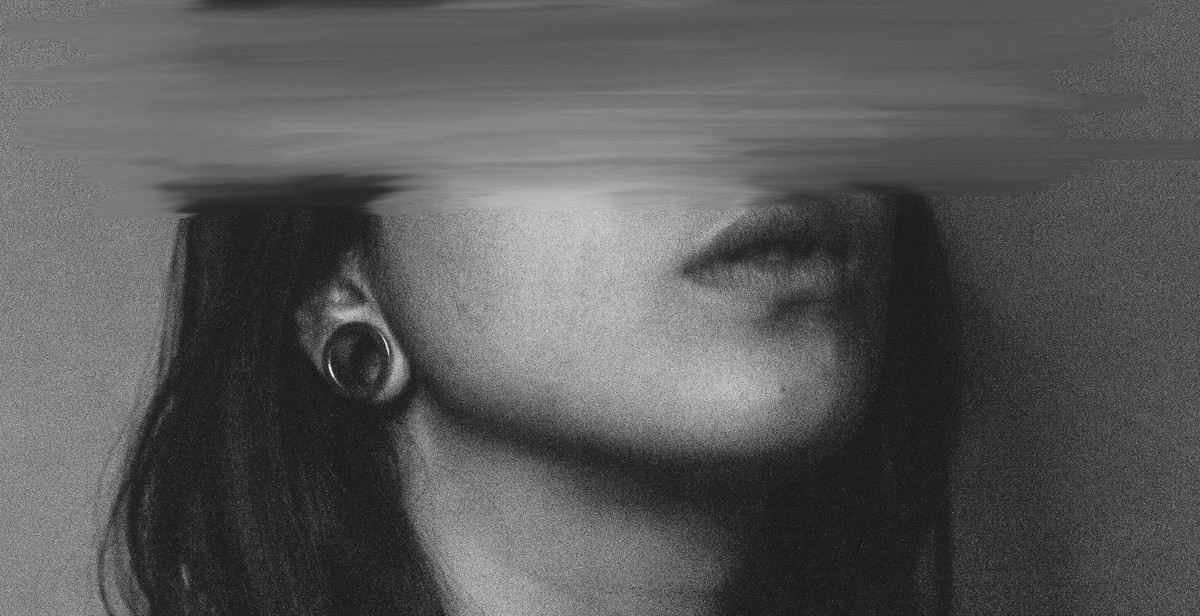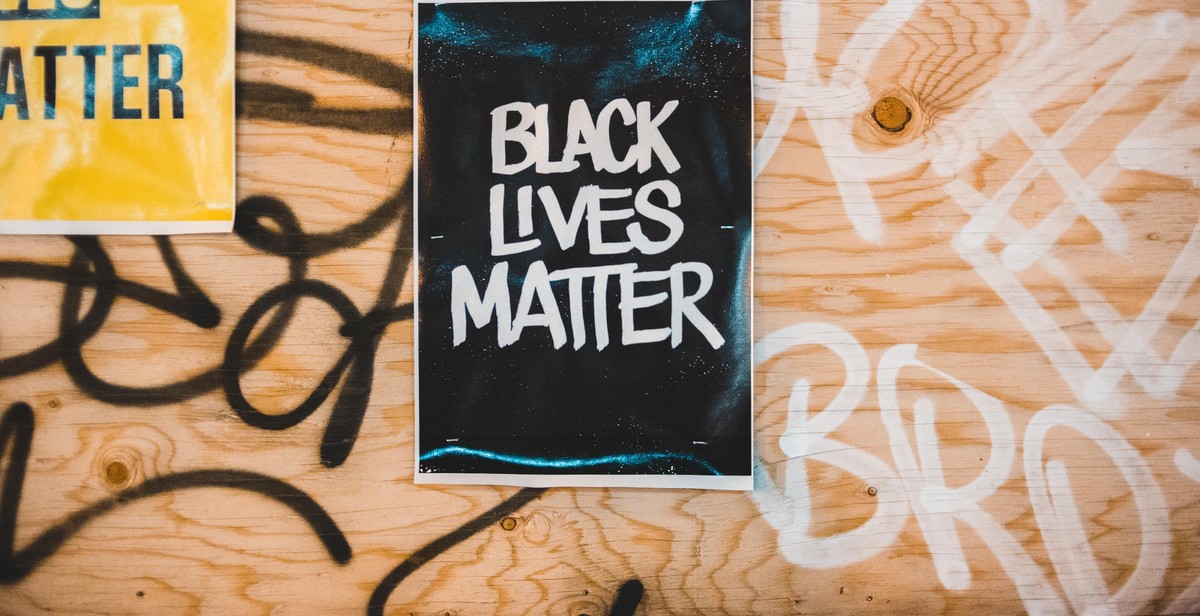Introduction: Beyond Sadness: Understanding Bipolar Disorder
Bipolar Disorder is a mental health condition that affects millions of people worldwide. It is a complex illness that can cause severe mood swings, from extreme highs to lows that are so deep that they interfere with daily life. People with bipolar disorder experience periods of mania (elevated or irritable mood) and depression (low mood).
What is Bipolar Disorder?
Bipolar Disorder is a mental health condition that affects the brain and causes significant changes in mood, energy, and activity levels. It is a chronic illness that requires ongoing management and treatment. The exact cause of bipolar disorder is not known, but it is believed to be a combination of genetic, environmental, and brain chemistry factors.
Types of Bipolar Disorder
There are different types of bipolar disorder, and they are classified based on the severity and duration of symptoms. The most common types of bipolar disorder are:
- Bipolar I Disorder: This type of bipolar disorder involves episodes of mania that last at least seven days or are severe enough to require hospitalization. Depressive episodes also occur, typically lasting at least two weeks.
- Bipolar II Disorder: This type of bipolar disorder involves episodes of hypomania (less severe mania) and depression.
- Cyclothymic Disorder: This type of bipolar disorder involves milder episodes of hypomania and depression that last for at least two years.
Understanding bipolar disorder is crucial for individuals living with the condition and their loved ones. This article aims to provide insightful information about bipolar disorder, including its symptoms, causes, diagnosis, and treatment options.

Symptoms of Bipolar Disorder
Bipolar disorder is a mental health condition that can affect a person’s mood, energy, and ability to function. It is characterized by episodes of extreme highs (mania or hypomania) and lows (depression). The symptoms of bipolar disorder can vary from person to person, but they generally fall into three categories: manic episodes, hypomanic episodes, and major depressive episodes.
Manic Episode
A manic episode is a period of elevated or irritable mood that lasts at least one week. During a manic episode, a person may experience some or all of the following symptoms:
- Feeling overly happy or euphoric
- Feeling irritable or agitated
- Having racing thoughts
- Talking rapidly and excessively
- Feeling like they don’t need sleep
- Engaging in risky behavior, such as spending sprees or unprotected sex
If left untreated, a manic episode can become severe and lead to hospitalization.
Hypomanic Episode
A hypomanic episode is a milder form of a manic episode that lasts at least four days. During a hypomanic episode, a person may experience some or all of the following symptoms:
- Feeling overly happy or euphoric
- Feeling irritable or agitated
- Having racing thoughts
- Talking rapidly and excessively
- Feeling like they don’t need sleep
- Engaging in risky behavior, such as spending sprees or unprotected sex
Hypomanic episodes are less severe than manic episodes, but they can still cause problems in a person’s life, such as relationship issues or financial difficulties.
Major Depressive Episode
A major depressive episode is a period of low mood that lasts at least two weeks. During a major depressive episode, a person may experience some or all of the following symptoms:
- Feeling sad or hopeless
- Losing interest in activities they used to enjoy
- Having trouble sleeping or sleeping too much
- Feeling tired or lacking energy
- Having trouble concentrating or making decisions
- Having thoughts of death or suicide
A major depressive episode can be very debilitating and can interfere with a person’s ability to work or go to school.
| Episode Type | Duration |
|---|---|
| Manic Episode | At least one week |
| Hypomanic Episode | At least four days |
| Major Depressive Episode | At least two weeks |
If you or someone you know is experiencing symptoms of bipolar disorder, it is important to seek help from a mental health professional. With proper treatment, people with bipolar disorder can lead fulfilling and productive lives.

Causes of Bipolar Disorder
Bipolar disorder is a mental illness that affects millions of people worldwide. It is a condition that causes extreme mood swings, including manic highs and depressive lows. The exact cause of bipolar disorder is unknown, but research has shown that there are several factors that may contribute to the development of this condition.
Genetic Factors
One of the main factors that contribute to the development of bipolar disorder is genetics. Studies have shown that bipolar disorder tends to run in families. If a parent or sibling has bipolar disorder, you are more likely to develop the condition. However, having a family member with bipolar disorder does not necessarily mean that you will develop the condition yourself.
Research has also shown that there are specific genes that may be linked to bipolar disorder. These genes are involved in regulating mood, and any abnormalities in these genes may lead to the development of bipolar disorder.
Environmental Factors
Environmental factors can also contribute to the development of bipolar disorder. Traumatic events, such as abuse or the death of a loved one, can trigger the onset of bipolar disorder in some people.
Stressful life events, such as divorce or financial problems, can also trigger bipolar disorder. Research has shown that people with bipolar disorder are more sensitive to stress than people without the condition.
Substance abuse is another environmental factor that can contribute to the development of bipolar disorder. Alcohol and drug abuse can trigger the onset of bipolar disorder or worsen the symptoms of the condition.
Conclusion
In conclusion, bipolar disorder is a complex condition that is caused by a combination of genetic and environmental factors. While the exact cause of bipolar disorder is still unknown, research has shown that there are several factors that may contribute to the development of this condition. If you or someone you know is experiencing symptoms of bipolar disorder, it is important to seek help from a mental health professional.

Diagnosis of Bipolar Disorder
Diagnosing bipolar disorder can be challenging as the symptoms are often similar to other mental health conditions. However, a proper diagnosis is crucial as it determines the most effective treatment plan. Diagnosis is usually done by a mental health professional, such as a psychiatrist or psychologist.
Symptoms of Bipolar Disorder
Bipolar disorder is characterized by alternating episodes of mania or hypomania and depression. Some of the symptoms of mania or hypomania include:
- Feeling overly happy or elated
- Having racing thoughts and talking fast
- Feeling invincible or taking unnecessary risks
- Having increased energy and reduced need for sleep
On the other hand, symptoms of depression include:
- Feeling sad or hopeless
- Loss of interest in activities
- Changes in appetite and sleep patterns
- Difficulty concentrating
Diagnostic Criteria for Bipolar Disorder
The Diagnostic and Statistical Manual of Mental Disorders (DSM-5) outlines the criteria for diagnosing bipolar disorder. To be diagnosed with bipolar disorder, an individual must have experienced at least one episode of mania or hypomania, and one episode of depression. These episodes must not be due to substance abuse or any other medical condition.
Treatment of Bipolar Disorder
Bipolar disorder is a treatable condition, and with proper treatment, individuals with the disorder can lead fulfilling lives. Treatment usually involves a combination of medication and therapy.
Medication
Medications commonly used in the treatment of bipolar disorder include:
- Mood stabilizers such as lithium and valproic acid to reduce the frequency and intensity of manic episodes
- Antipsychotics such as aripiprazole and olanzapine to treat manic or mixed episodes
- Antidepressants such as fluoxetine and sertraline to treat depression
Therapy
Therapy is an essential component of bipolar disorder treatment. Psychotherapy, such as cognitive-behavioral therapy (CBT) and interpersonal therapy (IPT), can help individuals with bipolar disorder manage their symptoms and improve their quality of life.
Lifestyle Changes
Lifestyle changes such as regular exercise, a balanced diet, and getting enough sleep can also help manage bipolar disorder symptoms. Avoiding alcohol and drugs is also important as they can worsen the condition.
| Pros | Cons |
|---|---|
| Effective in managing symptoms | May cause side effects |
| Improves quality of life | May take time to find the right medication and dosage |
| Therapy can help individuals learn coping skills | May be expensive |

Living with Bipolar Disorder
I have been living with Bipolar Disorder for over 10 years now and it has been quite a journey. Managing Bipolar Disorder is not an easy task as it can be quite challenging to deal with the highs and lows that come with the disorder. However, with proper support and resources, it is possible to live a fulfilling life with Bipolar Disorder.
Managing Bipolar Disorder
Managing Bipolar Disorder involves a combination of medication, therapy, and lifestyle changes. It is important to work closely with a mental health professional to develop an individualized treatment plan that works best for you. It is also important to maintain a healthy lifestyle by getting enough sleep, eating a balanced diet, and engaging in regular exercise.
Support
Having a strong support system is crucial in managing Bipolar Disorder. This can include friends, family, and support groups. It is important to communicate with your support system about your needs and how they can best support you. It can also be helpful to have a safety plan in place for when you are experiencing a crisis.
Resources
There are many resources available for those living with Bipolar Disorder. This can include online support groups, therapy services, and educational materials. The National Alliance on Mental Illness (NAMI) is a great resource for finding support and information about Bipolar Disorder.
| Managing Bipolar Disorder | Support | Resources |
|---|---|---|
| Medication | Friends and Family | Online Support Groups |
| Therapy | Support Groups | Therapy Services |
| Lifestyle Changes | Safety Plan | Educational Materials |
